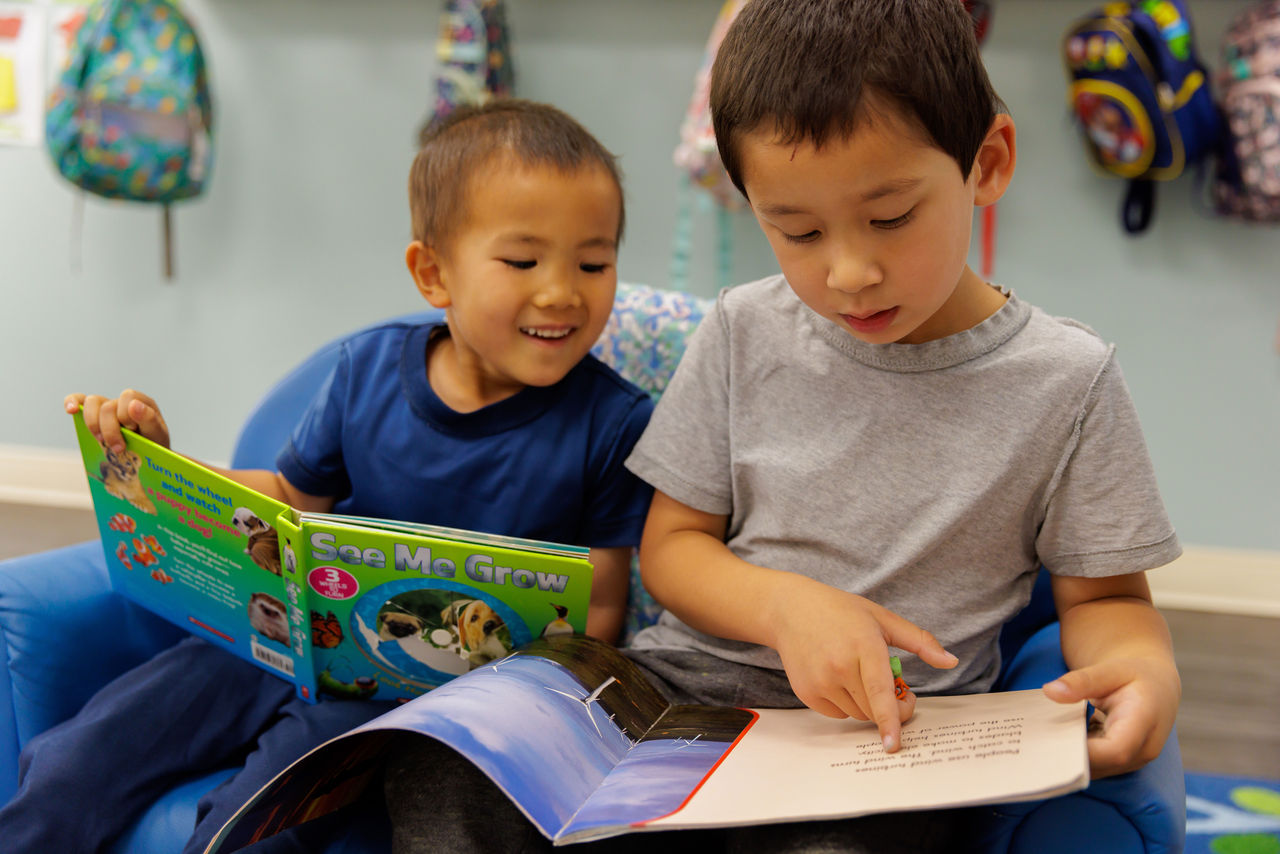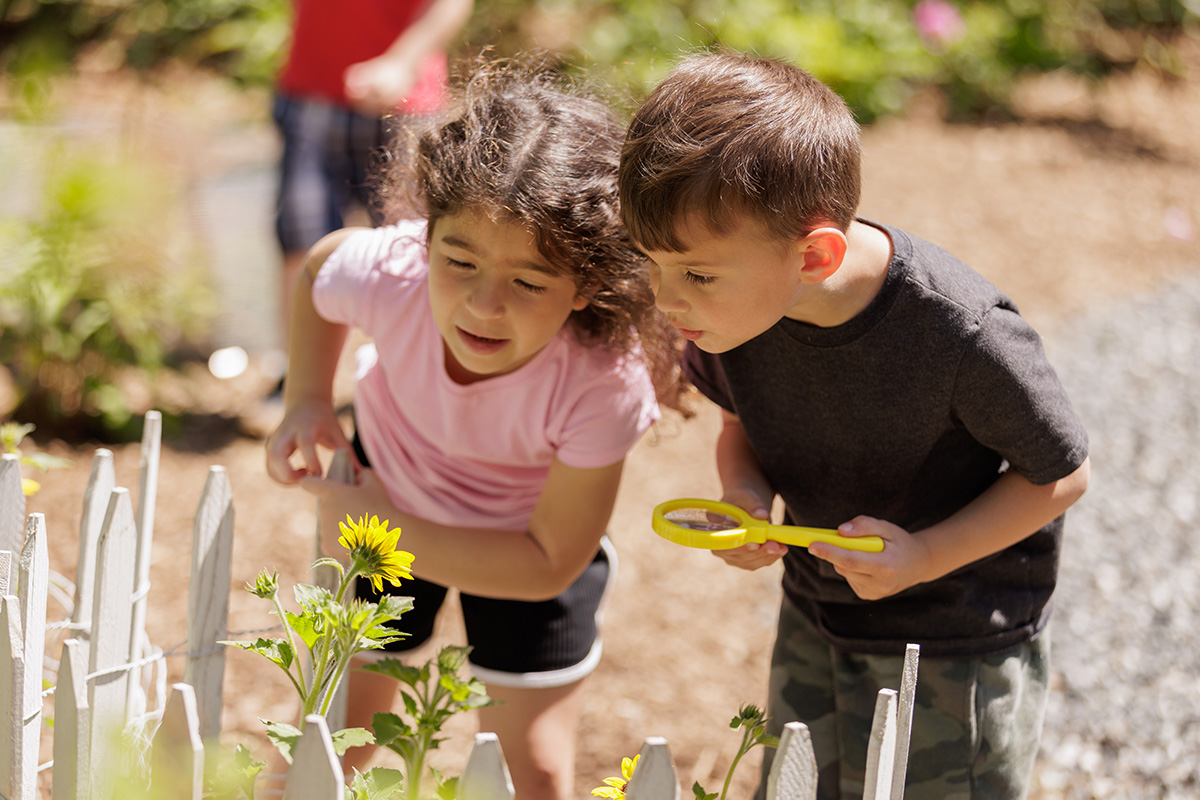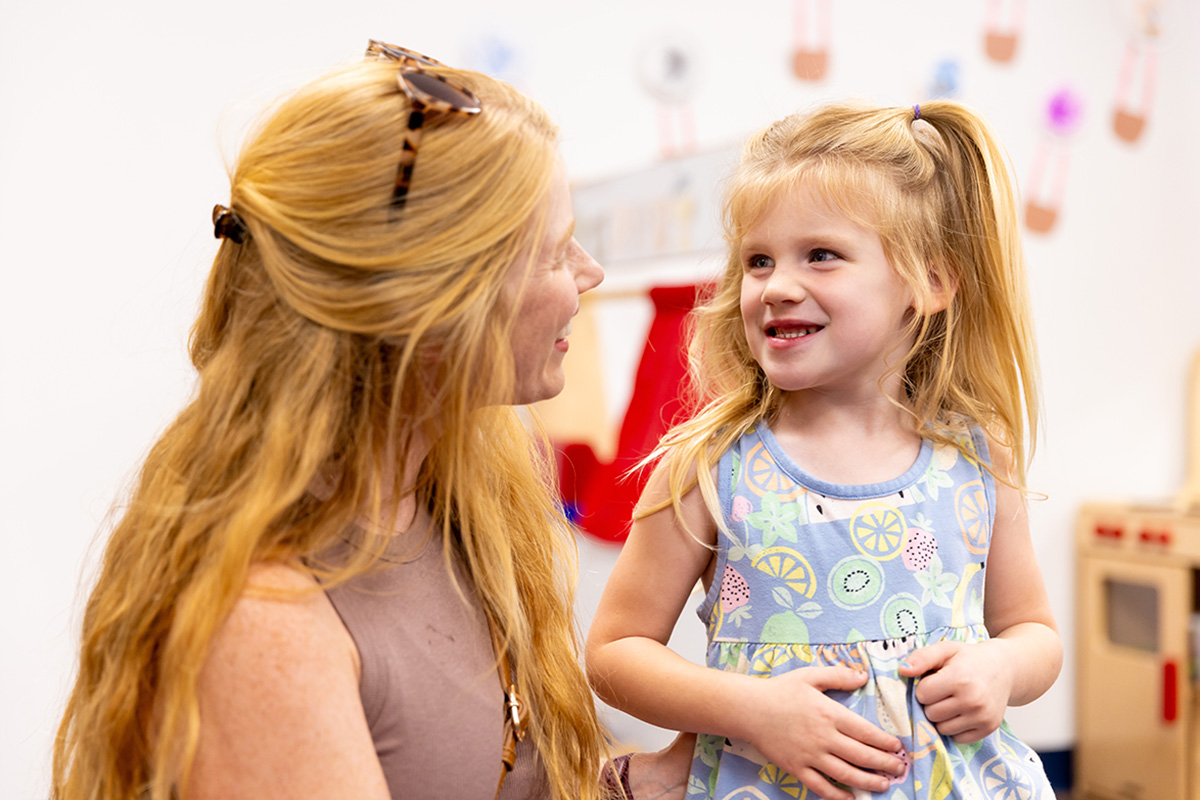Did you know that having books in your home correlates to your child’s future academic success? Numerous studies have found that children who grow up with books at home have greater vocabulary development, attention span and even career attainment! At The Goddard School®, we understand the importance of early reading skills, and our classroom libraries and reading programs support the cognitive development, vocabulary and language skills necessary to love reading. If you want to help your little one’s early literacy skills at home, here are some great tips to get started!
Early Reading Skills at Home
Finding activities to encourage reading that work well for your family may require some trial and error, but it's well worth the effort to help your child become a bookworm.
Some tips for how to encourage reading at home include:
- Make reading a daily routine. Setting aside some time each day to read with your child can help to create a lifelong habit that supports learning and growth.
- Choose age-appropriate books. Toddlers tend to love colorful pull-out books, while preschoolers may prefer simple storylines starring their favorite characters. If you're unsure of what books are age-appropriate for your child, chat with their teacher for ideas.
- Model a love for reading. When your child sees that you love reading, they'll be more likely to do the same. Excitement about books can help instill a sense of fun and wonder around literacy.
- Create a literacy-rich environment. You don't need to have hundreds of books in your home to create a literacy-rich environment. Rotating books regularly, borrowing from the library and swapping books with family and friends can all boost your child's exposure to new stories. Make sure the books are accessible to your little ones throughout the house. Child-size bookcases or even bins work great.
- Engage in interactive reading. This is of the most easy-to-implement preschool reading tips — interactive reading simply means having a conversation with your child about what you're reading while you're reading. Pointing out how a book relates to an experience your child has had recently, noticing a new word or asking your child for their opinion on the story helps them connect with the book.
Fun Literacy Activities to Encourage Reading
You can also make reading fun by playing games. You’ll child will be engaged and may not realize just how much they’re learning! Here are a few simple ideas:
- Alphabet games. Match letters to objects, sing the alphabet or put together alphabet puzzles to encourage letter recognition and phonemic awareness.
- Shared storytelling. Depending on your child’s age, you can ask them to tell you a story. Babies and toddlers can babble away as they turn pages of their favorite book. Preschoolers can either make up a story by using picture clues or try finding high-frequency words. Older kids can read to you or try creating their own book!
- Sensory play. Have your child use molding dough to recreate letters or trace words in sand. For babies, you could create a simple fabric “book” made of different textures for them to explore.
Supporting Your Child's Love of Reading
Early literacy skills support your child's cognitive, social and emotional growth. At The Goddard School, our teachers work to ensure that literacy is woven into every aspect of our education program, providing your child with plenty of opportunities for reading success.




